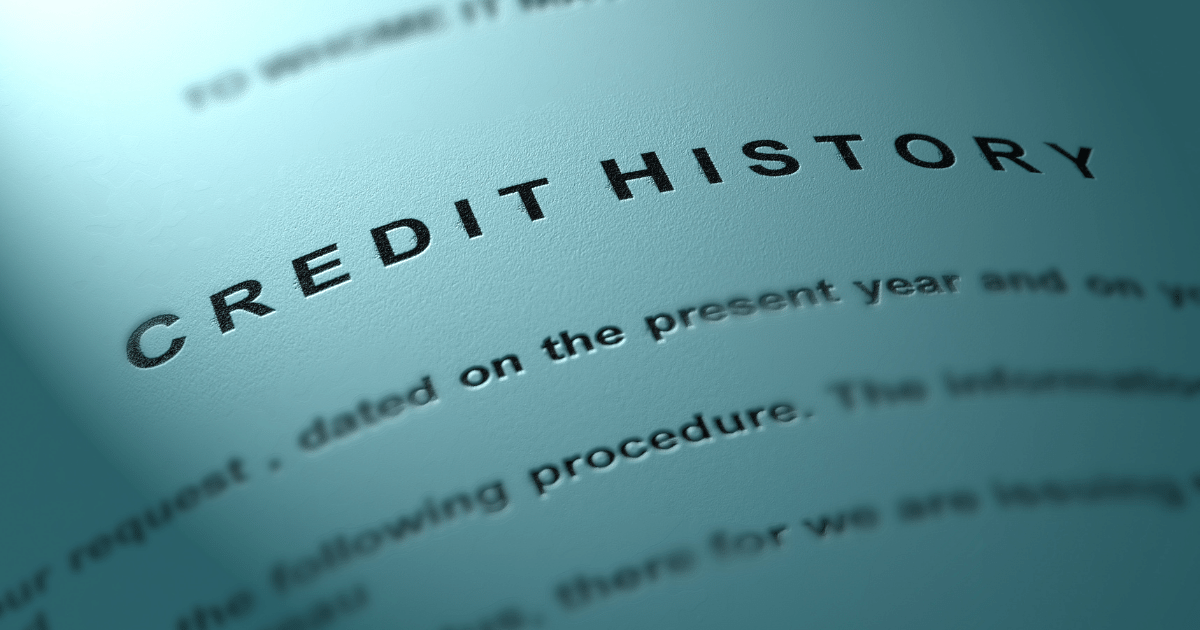The information in your credit report affects your ability to find employment, housing, securing loans and lines of credit, and insurance coverage. Credit reports detail your credit activity, payment history, credit limits, loan amounts, and lender information. The more positive the information in your credit report is, the better you will appear to other businesses.
Credit reporting agencies, also known as credit bureaus, compile monthly financial information on more than 200 million Americans and sell the report to businesses who use the information to determine whether to lend you money, supply credit, offer insurance, or allow you to rent or purchase a home. Consumers are entitled to one free credit report per year from each of the three major credit bureaus: Experian, Equifax, and TransUnion. Each agency also offers paid subscriptions which provide you unlimited access to your credit report. Checking your credit report monthly also helps identify any signs of identity theft,
Each month, the three credit bureaus use the information provided by lenders to determine the strength of your creditworthiness and assign a score that ranges in one of five levels:
- Exceptional
- Very good
- Good
- Fair
- Poor
Credit scores play a significant role on your financial abilities, and most lenders will not approve consumers whose scores are in the poor or fair category. In some cases, lenders may not approve those with a good credit rating if the score is at the lower end of the range. Your credit strength is also a factor in determining the cost and interest rates you will pay when borrowing money, so maintaining a good credit rating is important.
Negative credit report information, however, can cause long-lasting damage which can impact nearly every aspect of your life. Credit reports also contain negative credit history as well, such as payment delinquency, bankruptcy, foreclosure, repossession, and lawsuits. By law, negative information remains on your credit report for up to seven years and will likely continue to cause you harm during that period.
What if the negative information in your credit report is incorrect? The Fair Credit Reporting Act (FCRA) regulates credit reporting agencies and ensures the information gathered and distributed is accurate and fair. Under the Act, each of these entities is required to correct any negatively reported financial information that is found to be false. Additionally, consumers have the right to file an unlimited amount of disputes for credit report errors free of charge.
Before disputing information on your credit report, compile all pertinent information and documentation beforehand to make the process of investigating the dispute easier for credit reporting agencies, such as:
- A copy of the credit report with the incorrect information. Print and circle or highlight the incorrect portions.
- Loan documents and credit card statements.
- Bank statements.
- Proof of birth, death, or divorce documents.
- A police report or Federal Trade Commission (FTC) complaint in cases of identity theft.
- Proof of identity through government-issued identification, such as a driver’s license or passport, along with your Social Security number and date of birth.
- Current and past addresses for the previous two years.
- Bank, insurance, or utility bill to confirm your name and address.
- Social Security number, date of birth.
Once you have compiled all applicable information, prepare, in writing, an explanation of why you are disputing the information on the report, note the supplemental documentation, and request that the reported information be corrected. File your dispute with the credit agency reporting incorrect information, or all three, especially if all three are incorrect.
The FTC recommends informing the business that supplied the incorrect data to the agencies, such as a bank, credit card company, or other loan providers. Notifying the business furnishing the false information generally results in the company no longer reporting the incorrect data, however, there is no guarantee that they will do so.
When filing, it is recommended that you send the dispute letter and information via certified mail requiring the recipient’s signature so you will receive confirmation that the agency received the documents.
What Are Commonly Reported Errors?
Small errors do not affect your credit score, such as an incorrectly spelled employer’s name or a phone number you no longer have. This information does not reflect on your creditworthiness and are not worth disputing. Dispute the following common errors that will negatively affect your score or potential identity theft, including:
- Incorrect account status, such as payments made on time, but were reported as late.
- Negative information that is more than seven years old.
- A former spouse incorrectly listed on credit cards or loans.
- Incorrect account numbers or accounts not belonging to you.
- Inaccurate loan balances or credit limits.
- Accounts that are not yours or you do not recognize.
- Residential addresses where you have never resided.
What Happens After I File an Error Dispute?
Once received, the credit bureau is required to investigate the dispute within 30 days and a duty to inform the business who supplied the incorrect data, at no charge to you. If it is determined that the information is incorrect, the credit agencies and the business are required to correct it and must provide you the results in writing, along with a free copy of your corrected credit report.
Additionally, the credit bureau must also send notices to those who reviewed your credit report in the past six months, such as a lender if you applied for a loan, and those who reviewed the report for employment purposes in the past two years.
Keep in mind that if the credit bureau considers your dispute irrelevant, frivolous, or incomplete, the investigation will stop. In such instances, the bureau is required to notify you as to their actions and request additional information, if necessary.
Should the investigation result in no change to the supplied information on your credit report, you can request that a statement be included in your file and future reports informing of your dispute and subsequent investigation.
Should I Hire a Lawyer to Help With Credit Report Errors?
Identifying errors and filing a dispute can be a complex task, and information regarding how and who to file with can be difficult to locate. Hiring a lawyer with experience is a good decision and may be a better option to ensure a positive outcome. A lawyer can evaluate your disputed information and guide you through the process of having it corrected.
Pittsburgh Credit Report Attorneys at East End Trial Group Assist Clients Filing Credit Report Error Disputes
Incorrect credit reports can have a damaging and long-lasting impact on many areas of your life, including the ability to receive credit, secure a loan, housing, or employment. If you believe information in your credit report is incorrect, one of our experienced Pittsburgh credit report attorneys at East End Trial Group can help you file a dispute and correct the information. Call us at 412-312-4745 or contact us online for a free consultation. Located in Pittsburgh, we serve clients throughout Pennsylvania.

 Call Us Today 412-223-5740
Call Us Today 412-223-5740
